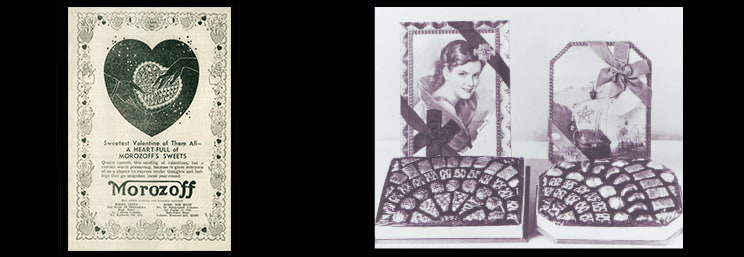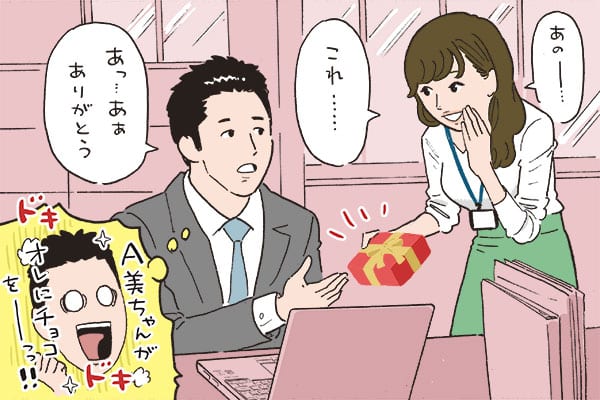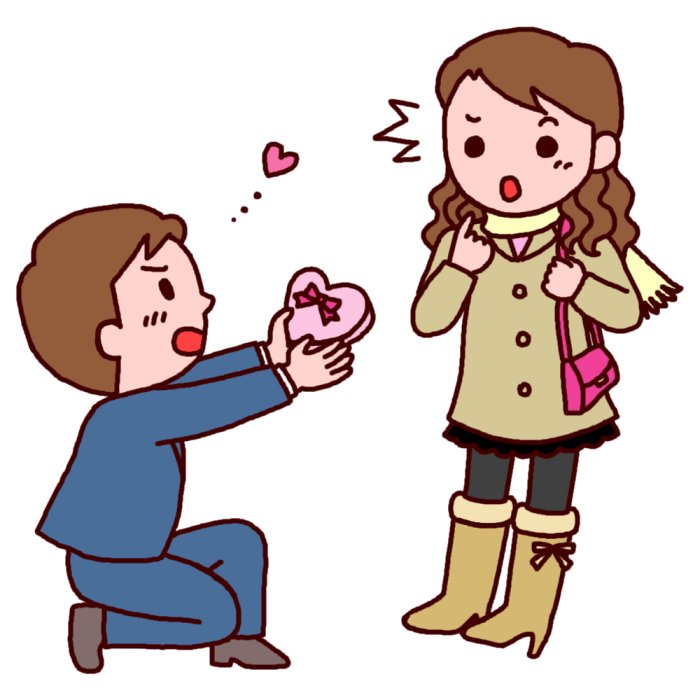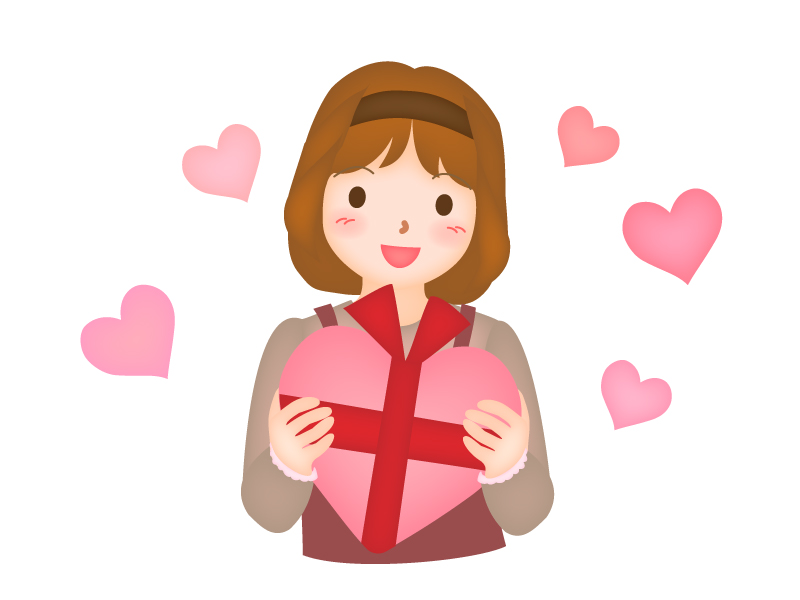Ah, it’s that time of year again where love is in the air—as well as the smell of a certain celebratory sweet. Although not a traditional Japanese event, Valentine’s Day customs have become almost as acknowledged and revered as many of the other holidays in the calendar year. So what’s it all about and what makes it different in Japan?
Delicious history

As is the case with holiday fervor, it started as a marketing initiative. According to the story, a Russian named Fyodor Morozoff fled to Kobe, Japan to escape the Bolshevik Revolution happening in his home country. and once in Kobe, he opened a confectionery shop in the early 1930s. He named it Cosmopolitan Confectionary and its dark delectable candy was an instant hit.
Upon hearing from an American friend that chocolates were being given as gifts on Valentine’s Day, Morozoff decided to try his hand as well. In 1935, Morozoff published the first advertisements in an English-speaking newspaper the day before Valentine’s Day and it worked. Morozoff’s chocolates not only survived World War 2, but has since rendered February synonymous with chocolate and gifts.
“From woman to man”
Throughout the Showa Era in the 1950s, Valentine’s Day grew in steam with advertisements popping up in Tokyo, but the most divergent shift was when the Shinjuku-based Merry Chocolate Company coined the Valentine’s phrase “From Woman To Man”, a persuasive attempt to get the majority of their female shoppers to purchase chocolate as gifts for their partners.
Moreover, it was a time of liberation among Japanese women who were urged to promote romance and love within their relationships. The slogan sunk in deep and chocolate began to fly off the shelves and into a slew of undoubtedly surprised—albeit grateful—husband’s mouths.
Choices of chocolate

Japan holds the monopoly on many exclusive traditions that exist only within its national boundaries, and the same holds true for Valentine’s Day. Within most of the Western world, Valentine’s Day basically exists as a holiday to express love for both respective partners, but in Japan, it’s exclusively the female’s role to provide candy for not just their mate, but most males in their lives. And boy, are there a lot of options:
Giri Choko (義理チョコ)
By far the most arduous, Giri Chocolate translates to “obligation chocolate” in Japanese, intended for all of the plutonic males in a woman’s life, including co-workers, senpai and bosses. Zero love here.
Honmei Choco (本命チョコ)
This is the gift bought by women for true lovers. In Japanese, it translates to “real” chocolate.
Jibun Choco (自分チョコ)
Every girl deserves a treat, but especially around the holidays. This is chocolate bought and enjoyed for pure personal use.
Family Chocolate (ファミチョコ)
A less stressful series of gifts bought for the male family members in a woman’s life: grandfathers, fathers, sons and brothers.

Gyaku Choco (逆チョコ)
A progressive turn, Gyaku means “reverse” in Japanese and it’s a refreshing break at Valentine’s Day for a woman. In this scenario, the man purchases chocolate for his lady-friend, much in line with the other side of the world.
Tomo Choco (友チョコ)
Perhaps the most plutonic and carefree, this chocolate is simply a gift to a lady’s gal-pal as a symbol of thanks for friendship.

Love hurts
Due to the sheer amount of chocolate women are expected to purchase and distribute among the people in their lives, there has been a movement to do away with giri choco. What then would this do to tradition? Worst case scenario, chocolate shops would lose a lot of business, while a best-case scenario would allow women to purchase chocolate freely for whomever they deem worthy of those most mouth-watering treats.
To this writer, Valentine’s Day has always seemed like a gimmick aimed at those who need just a little more love in their lives, but perhaps there’s more to this holiday than a simple store-front ad. It’s a designated time to express your feelings for the ones you care about. Chocolate is a delicacy—often pricey. Traditions are traditions, that’s true, but maybe it’s time for women to start enjoying Valentine’s Day instead of dreading it.

Josh Furr
Joshua first came to Japan with his family over 10 years ago and it completely ruined his life (in the best of ways). When he’s not trying to pass the JLPT, he’s researching Japanese history, enjoying 80s J-Pop and dreaming of 牛丼. He’s currently writing, writing, writing…mostly about Japan and video games.








